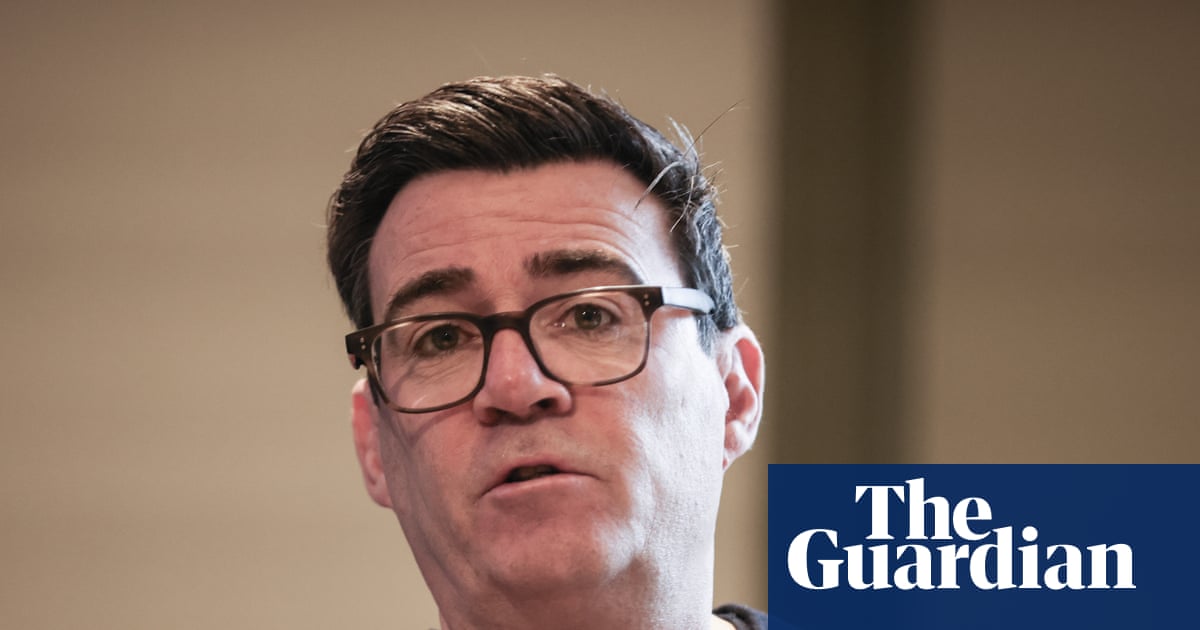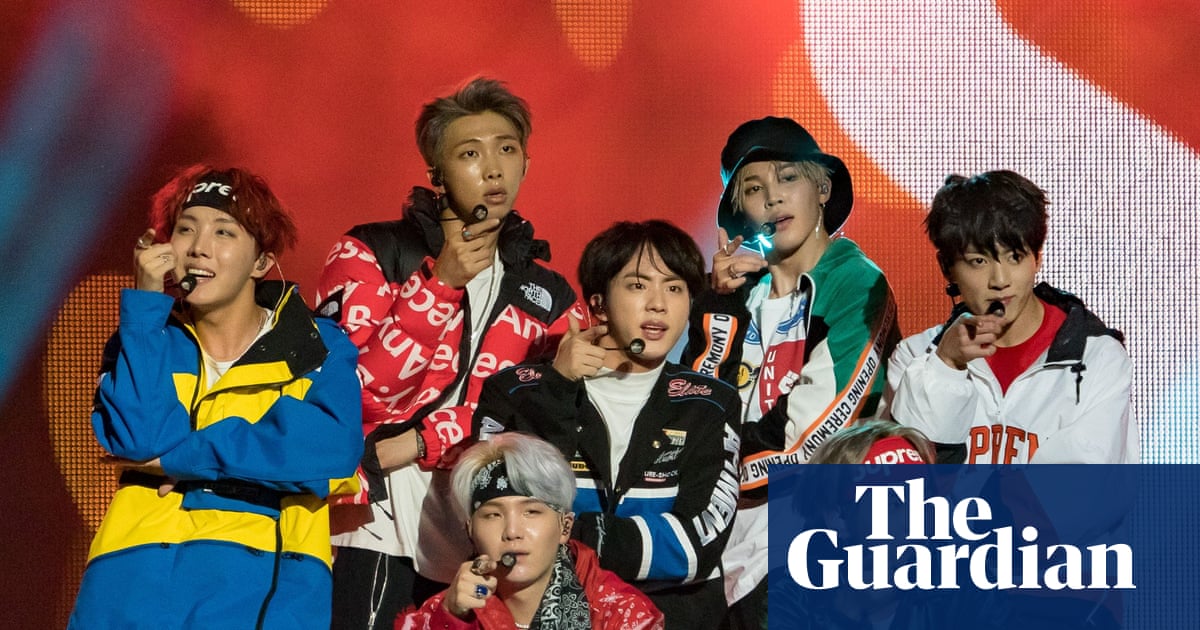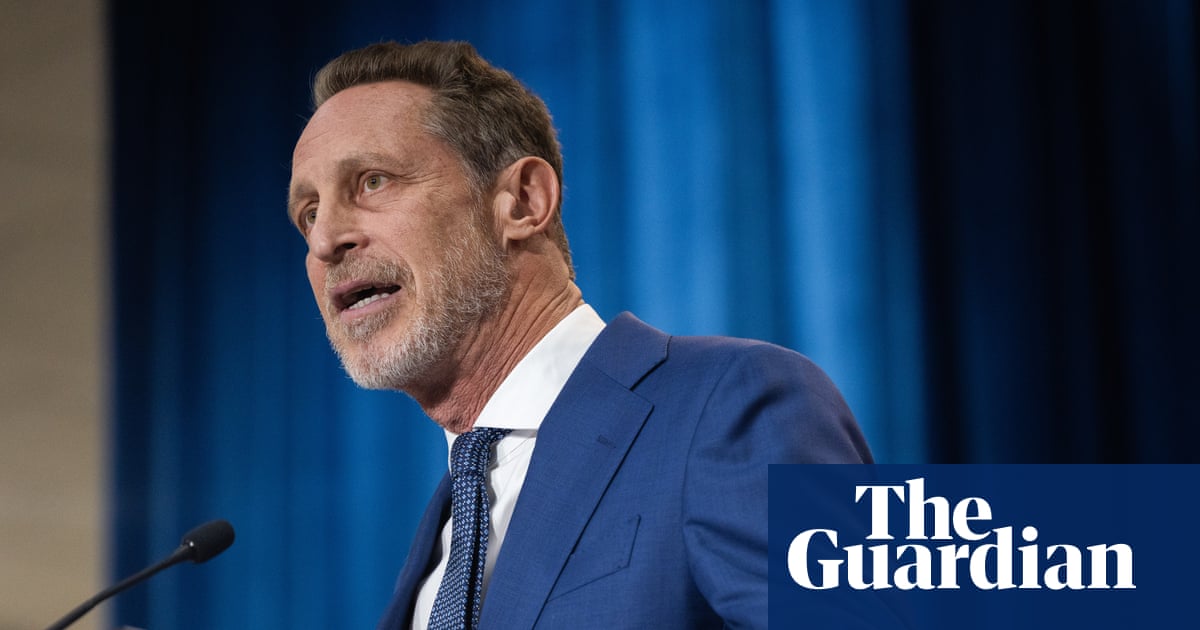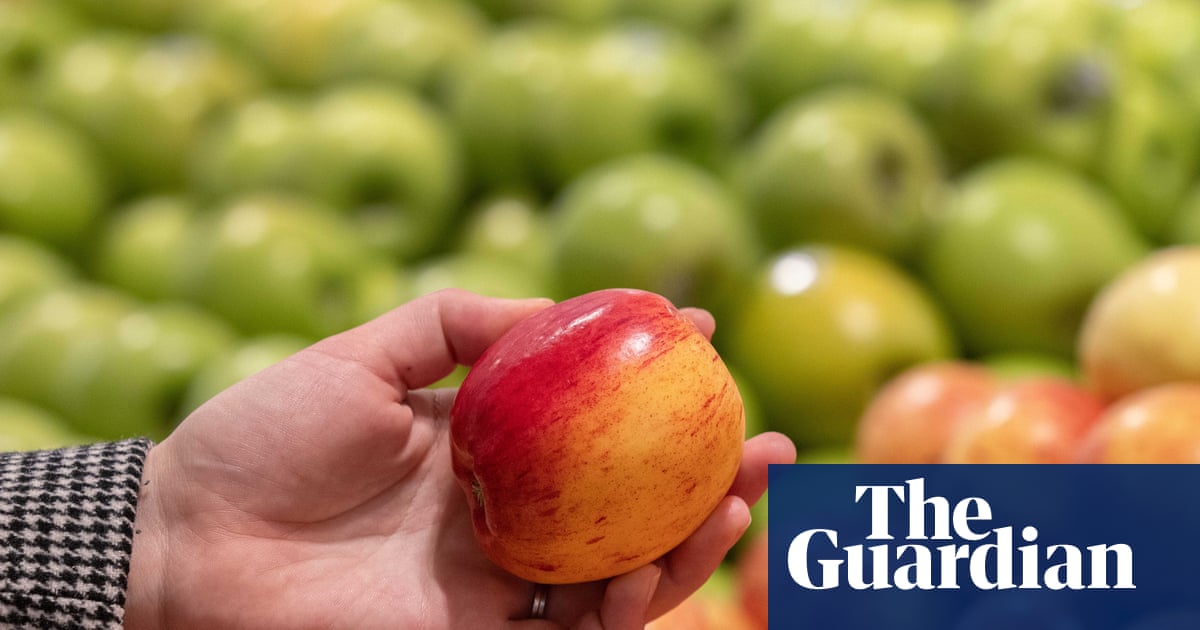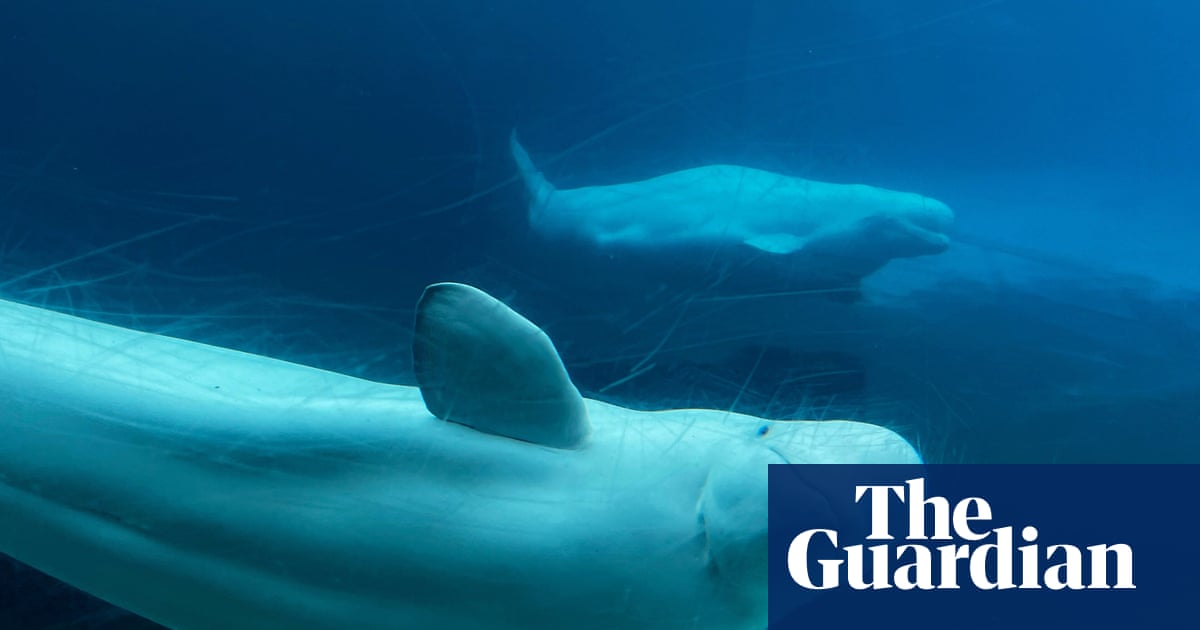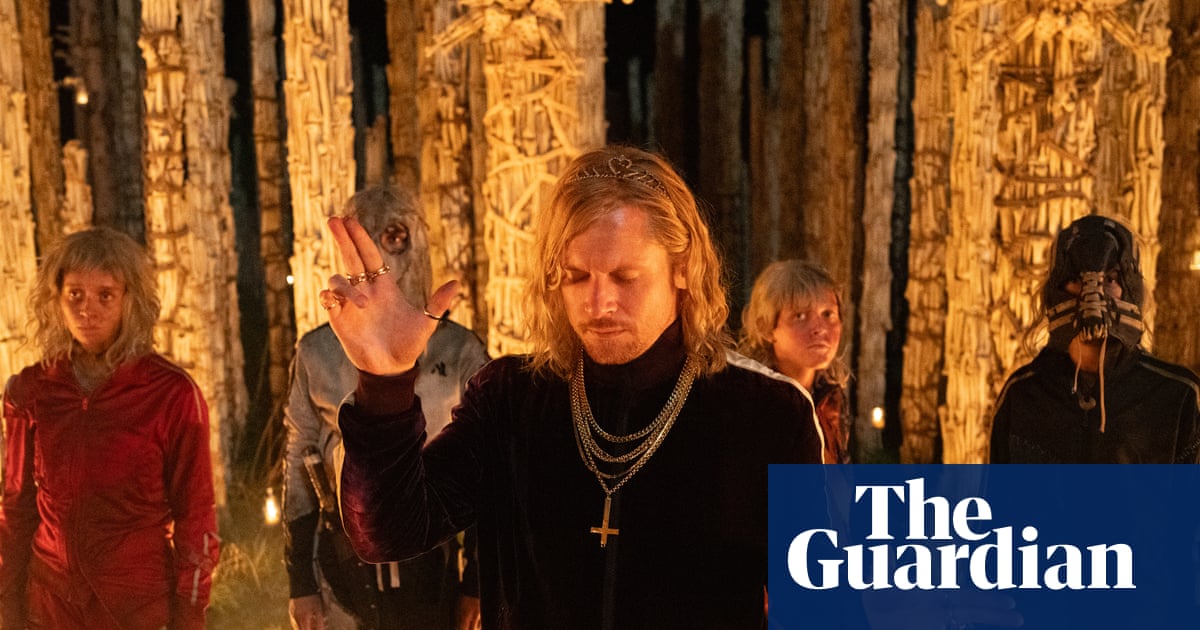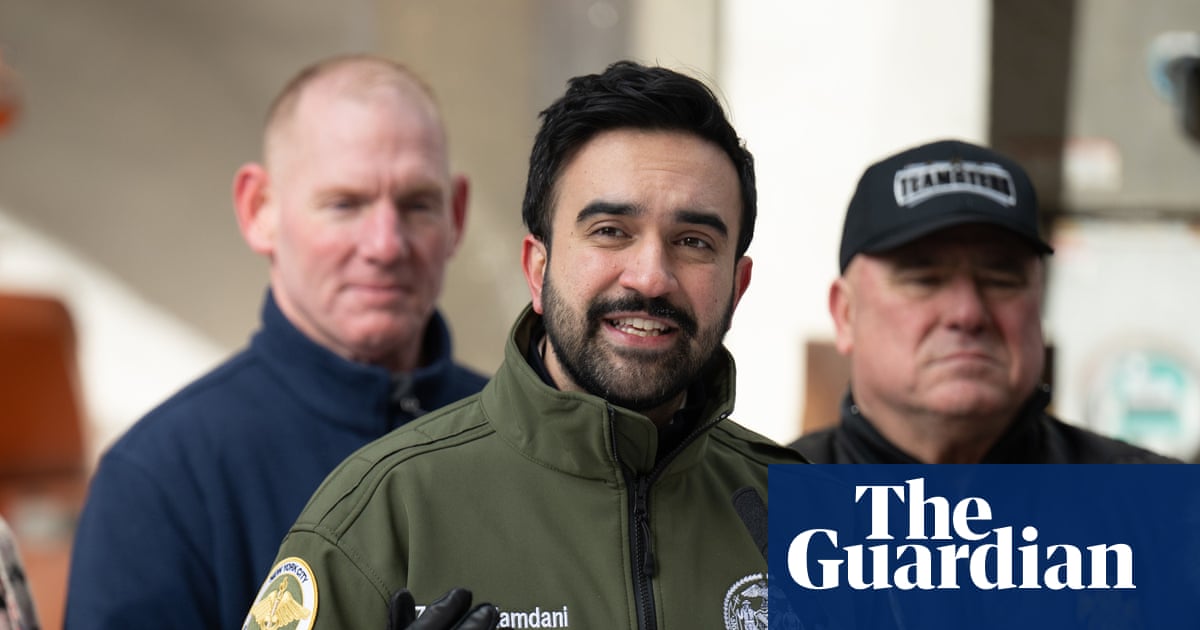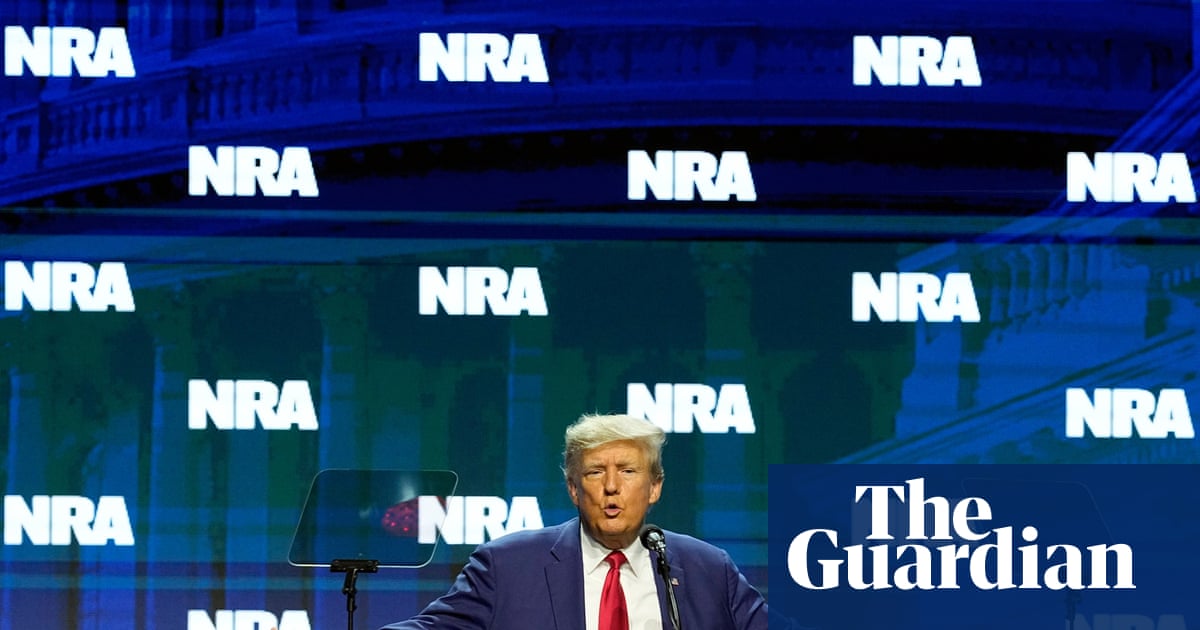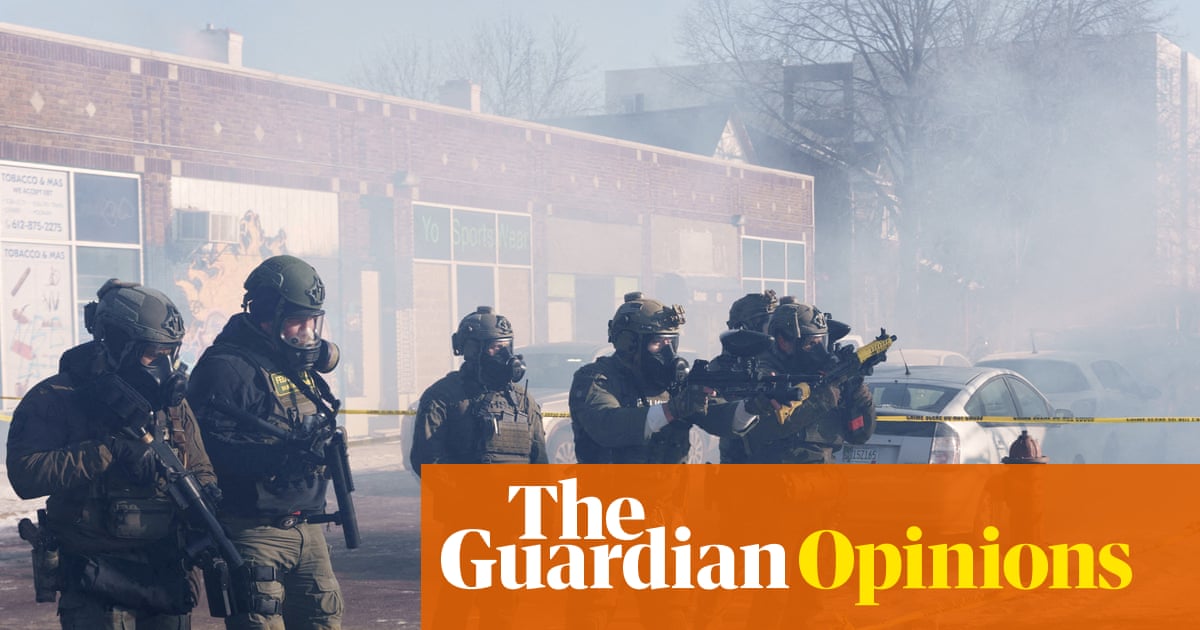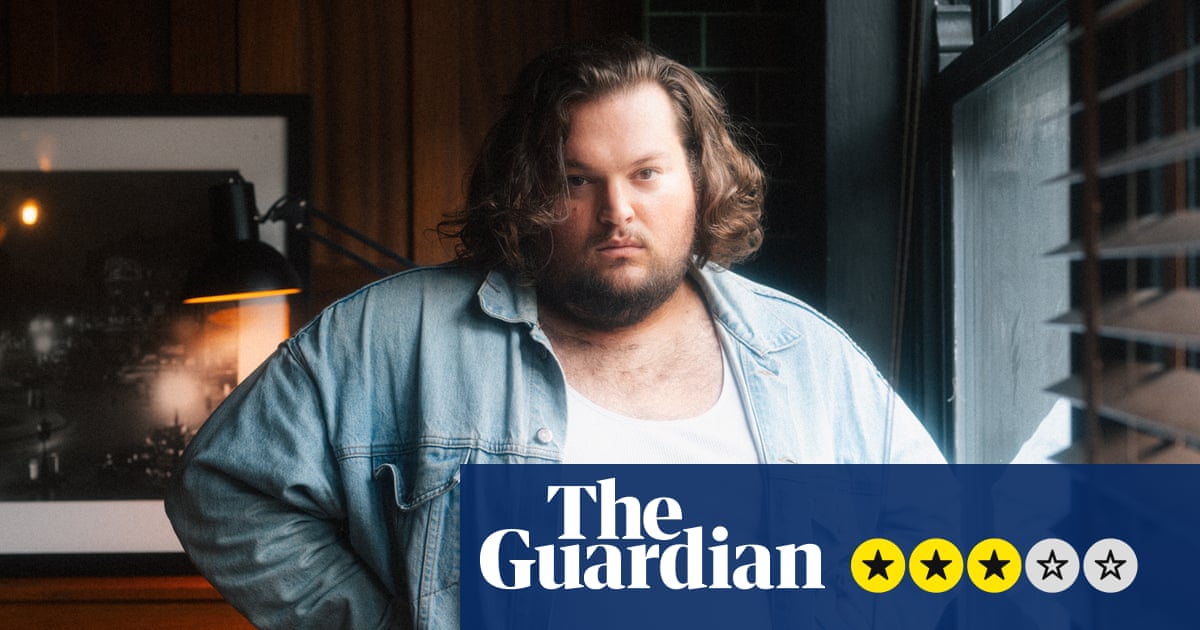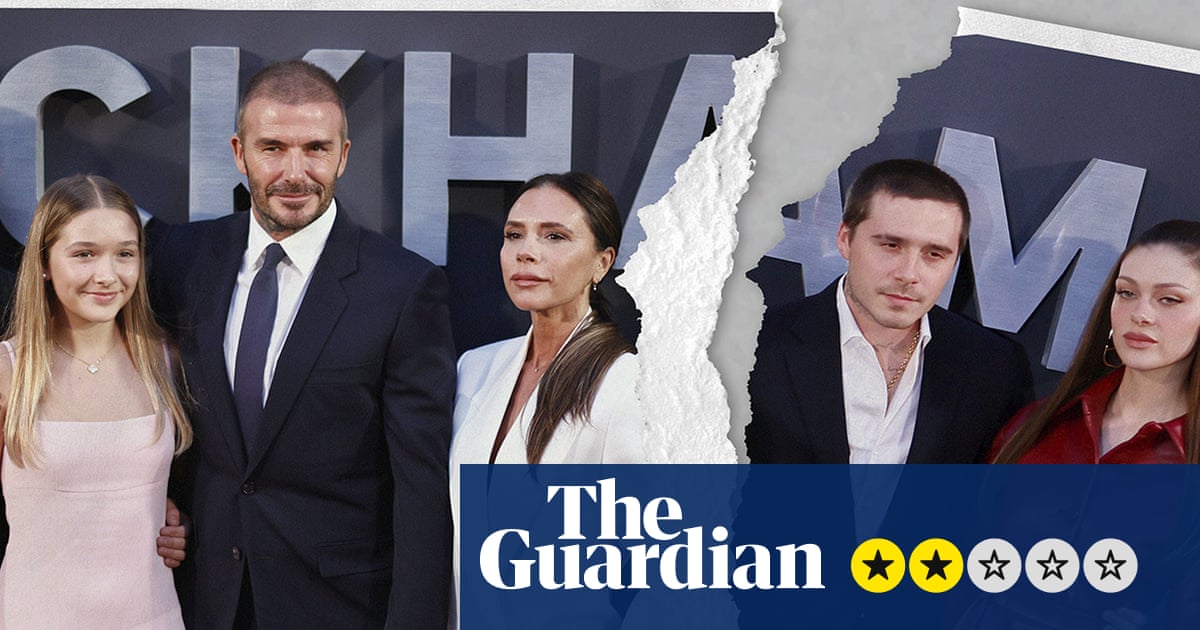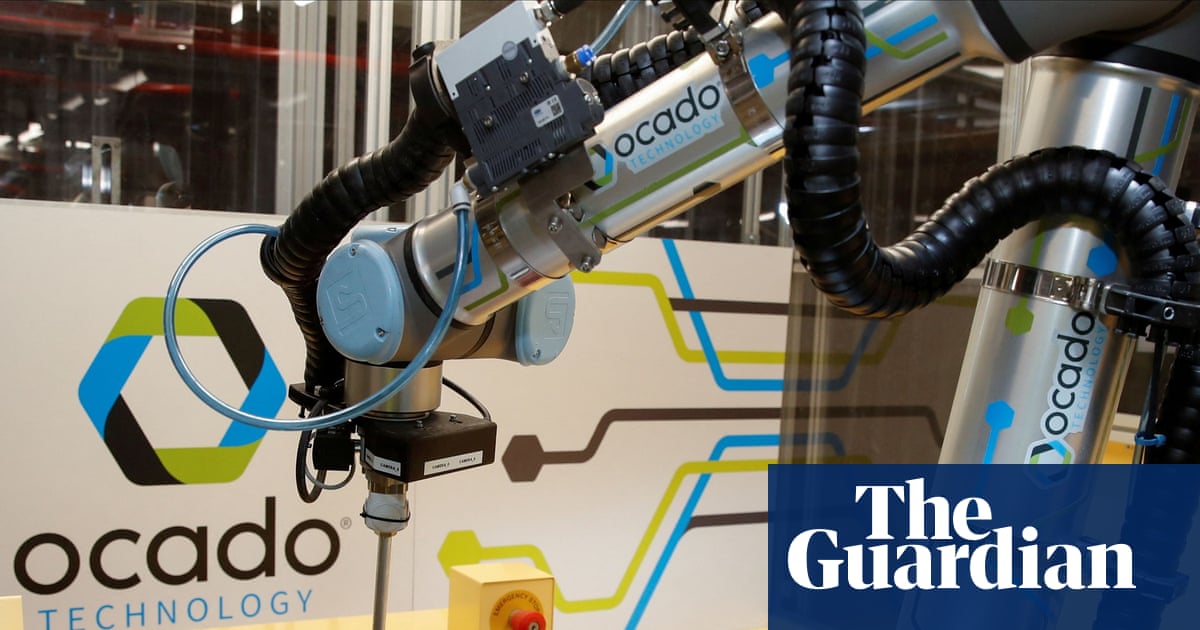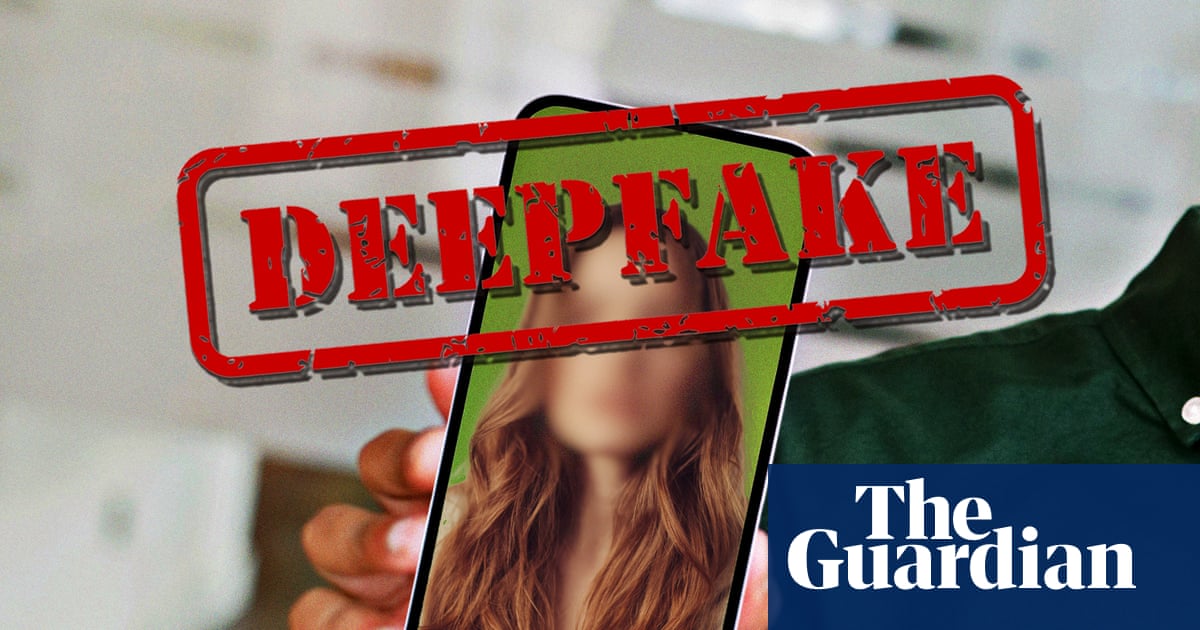For all the headlines about an on-off relationship with Donald Trump, baiting liberals and erratic behaviour, Tesla shareholders are loath to part with Elon Musk.
Investors in the electric vehicle maker voted on Thursday to put the world’s richest person on the path to become the world’s first trillionaire, despite the controversy that is now seemingly intrinsic to his public profile.
Shareholders approved the $1tn compensation plan, which could yield the largest corporate payout in history if he meets a series of tough-looking goals, not least pushing Tesla from its current market value of $1.4tn to $8.5tn (£1.06tn to £6.4tn). Musk’s fortune, which includes a stake of about 12.5% in Tesla, is already worth $461bn.
“Musk is Tesla and Tesla is Musk,” says Dan Ives, a managing director at the US financial firm Wedbush. “Despite some of the brand damage Musk has caused to Tesla during his political stint, the AI future at Tesla depends on Elon.”
Ives is a self-described Tesla “core bull” who nonetheless has consistently raised concerns about the damage that the chief executive’s political stance has been doing to one of the world’s best-known brands.
Tesla sales suffered as Musk’s on-off relationship with Trump – funding his presidential campaign and his stint leading sweeping cuts at the “department of government efficiency” – damaged the appeal of its vehicles to a left-leaning consumer base.
There were signs of trouble before that as well, with market research firm Strategic Vision recording a sharp decline in regard for Tesla since Musk bought Twitter (now X) in 2022, rolled back content moderation on the platform and reinstated banned accounts.
Other off-putting factors have been swirling around the Trump soap opera, such as reports of Musk’s alleged extensive drug consumption, his public support for far-right political parties and making fascist-style salutes at political rallies.
At one point in March, Ives warned that Tesla and Musk were embroiled in a “brand tornado crisis moment” as the backlash against the boss’s behaviour became a global problem amid falling sales. Other factors were at play in Tesla’s commercial wobbles, not least stiff competition from Chinese-made vehicles, but Musk’s notoriety has had an impact.
after newsletter promotion
So why have investors stuck by Musk? Shares in Tesla have risen by nearly two-thirds since May, when the Tesla chief executive announced he was leaving the Trump administration (and then worrying investors by falling out with the president publicly). Third-quarter deliveries – a proxy for sales – trounced Wall Street estimates last month thanks to US consumers taking advantage of expiring federal tax credits for electric vehicles, although European sales suffered and analysts warned that Musk needs to cushion a post-credit slowdown by selling cheaper models.
Another factor is the culture among US investors of backing high-flying innovators and entrepreneurs. For instance, Mark Zuckerberg’s control of Meta has not been challenged and Jeff Bezos had a long reign at the top of Amazon before stepping down in 2021. Indeed, most Tesla shareholders seemed concerned that Musk was devoting too little time to the company, instead of wanting him to leave altogether.
“Money talks in the US more,” says Neil Wilson, an investor strategist at financial trading platform Saxo Markets. “The US has a far more entrepreneurial, free-wheeling, go-get-’em attitude so they are inclined to let innovators innovate. Plus Musk is a one-off – without him Tesla would be nowhere.”
Other incentives in Musk’s $1tn pay package include delivering 20m Tesla vehicles, 10m self-driving car subscriptions, 1m humanoid robots and 1m robotaxis. These targets, particularly the robots and autonomous vehicles, require the kind of entrepreneurial and technological chutzpah that Musk has shown at Tesla and his rocket company SpaceX.
Matthias Schmidt, an automotive industry analyst, says the added value Musk has brought to Tesla’s stock is “undeniable” and has made “many people rich, including himself”.
However, Schmidt adds that Tesla’s core car business has reached its peak and describes the autonomous vehicle plans as “certainly not the best in the market”.
“Have shareholders been naively blind-sided by past achievements rather than the foresight of future prospects? Perhaps!” he says.
Most Tesla investors are willing to bet $1tn otherwise.

 2 months ago
53
2 months ago
53
